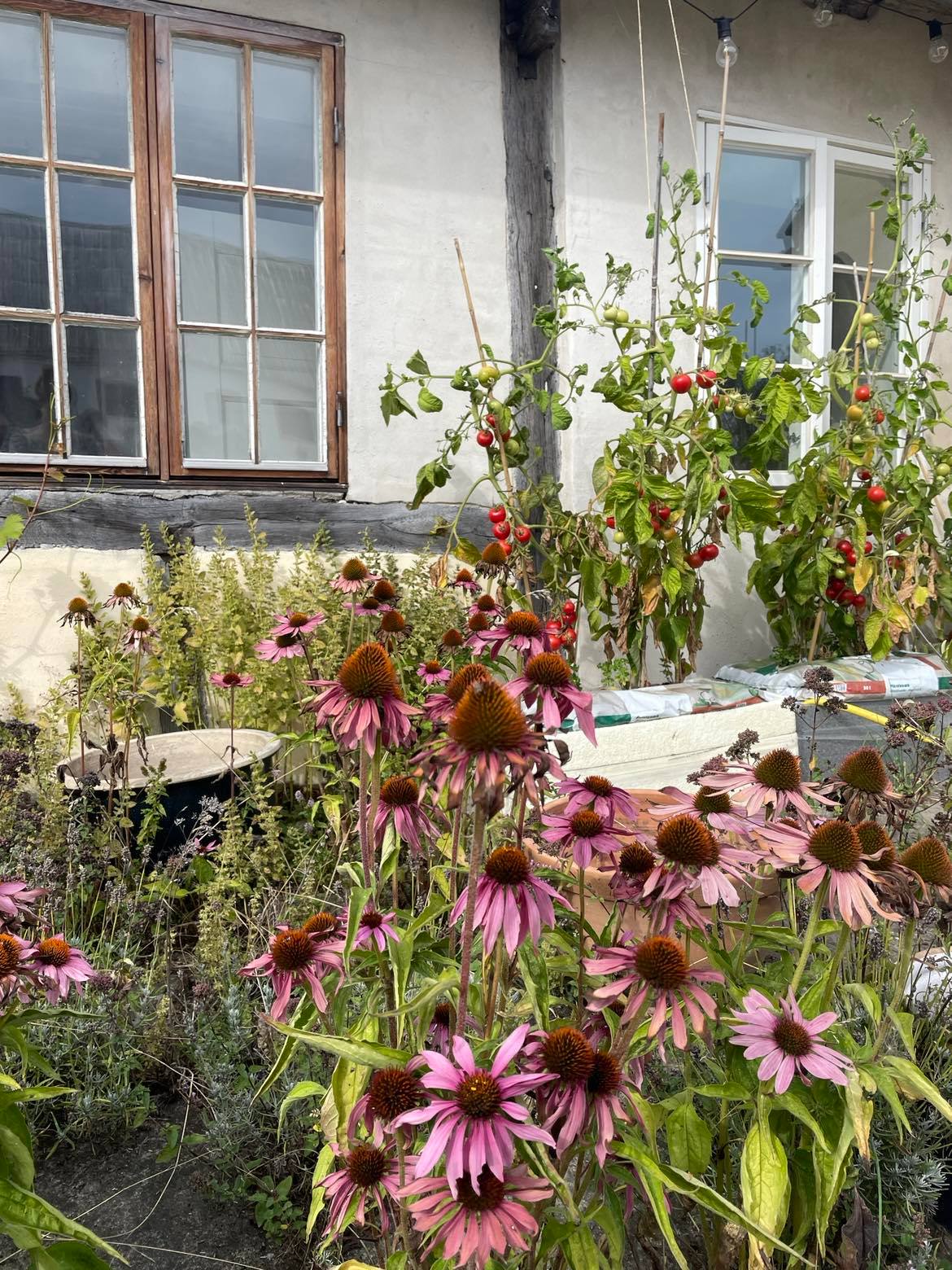Let us present a brief throwback to sunny August and the Food, Place & Innovation, a Sustainable Food Systems Approach Summer School attended by our COACH junior researcher, Dominika Huczynska.
The event was arranged by the Department of Geosciences and Natural Resource Management at the University of Copenhagen in cooperation with the Bioeconomy Graduate Research School at Lund University and Gaarden, Bornholm.
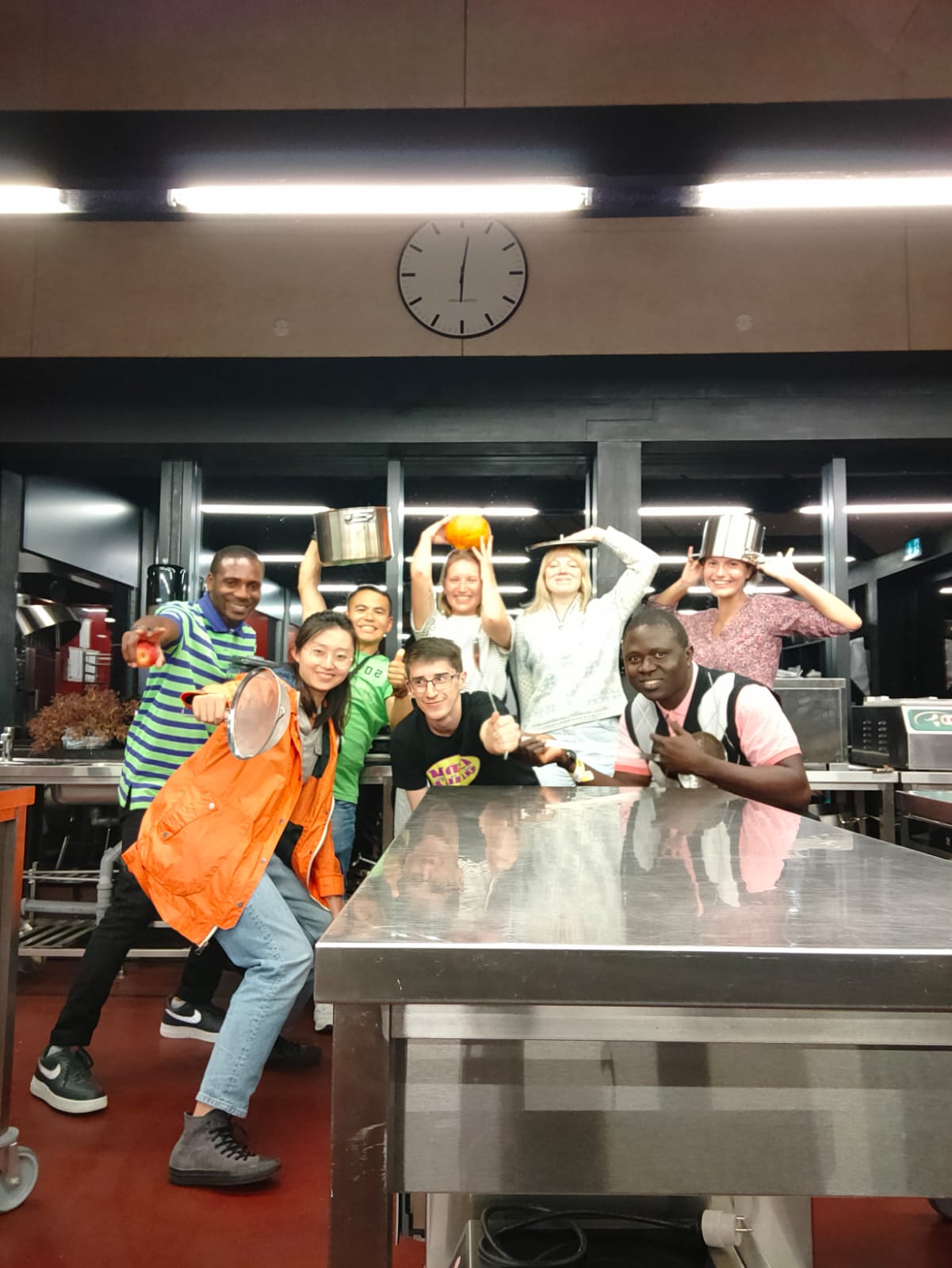
Participants from over 10 countries gathered to explore interconnections between nature, food and agriculture. Thanks to different cultural and educational backgrounds, they shared diverse opinions on how food production and consumption affect biodiversity and climate, and how global food systems should change to be sustainable and supportive of small-scale local businesses. During 5 days on the Isle of Bornholm, PhD candidates and practitioners have immersed themselves into the world of food and innovation through lectures, site visits, roundtable discussions and social cooking.
Activities were organized around four themes, that all well reflected how collaborations around agri-food chains could drive innovation for the benefit of producers and consumers:
- Tasting the future of food systems
Inspired by the sociological perspective and reflection on the museum’s impact on local communities, we studied the importance of cultural heritage, bio properties and the impact of terroir on local food systems. Professor Gabriella Mornin from the University of Gastronomic Sciences explained to us what it means to be a gastronome who understands food’s complexity, and its nutritious but also ecological, political and cultural values; and how place, taste, health and biodiversity influence each other. At Høstet, a family-run sea buckthorn farm, we reflected on the impact of digital innovations on the production and agroforestry as a sustainable practice using the full potential of a farm’s territory.
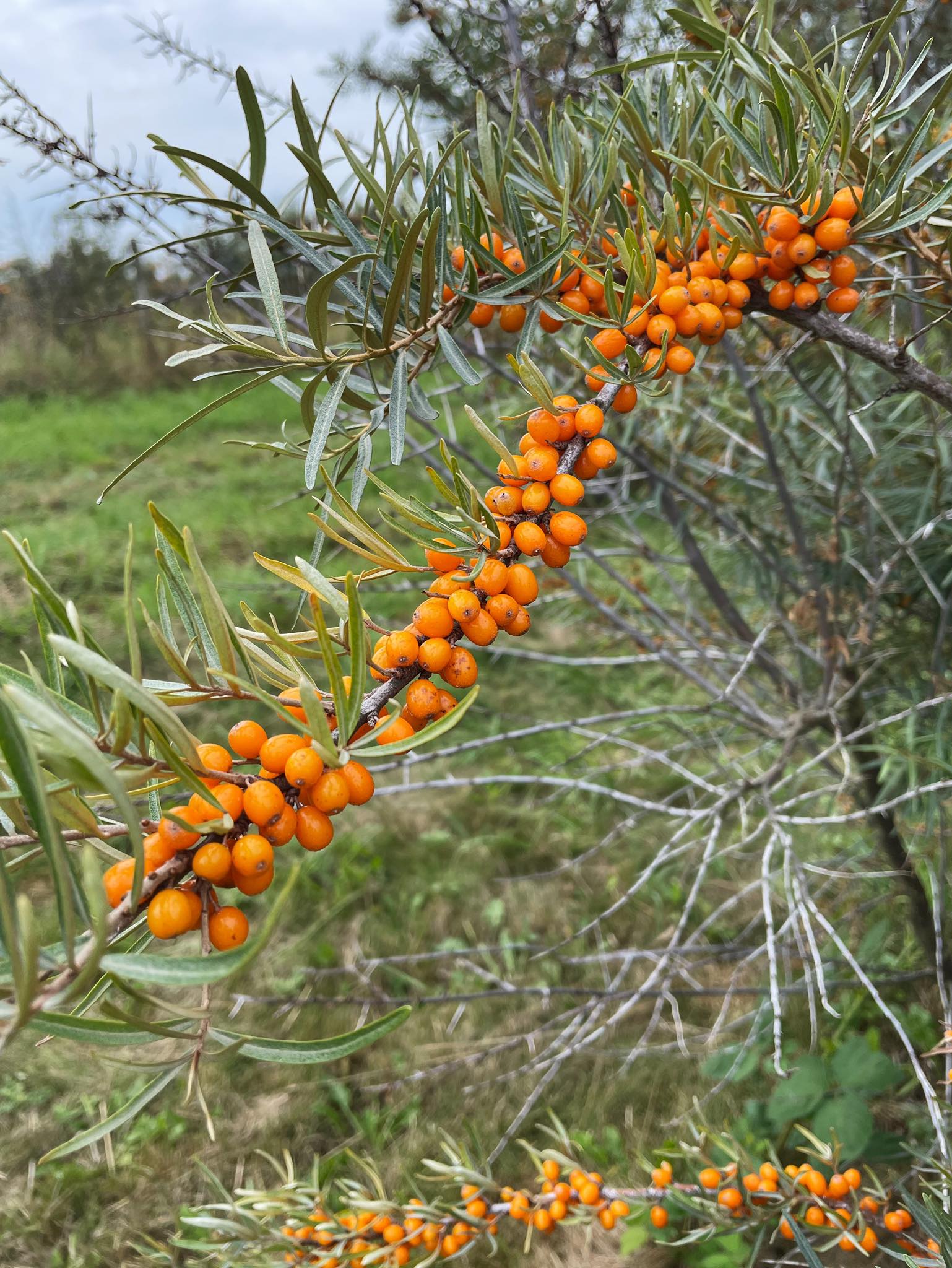
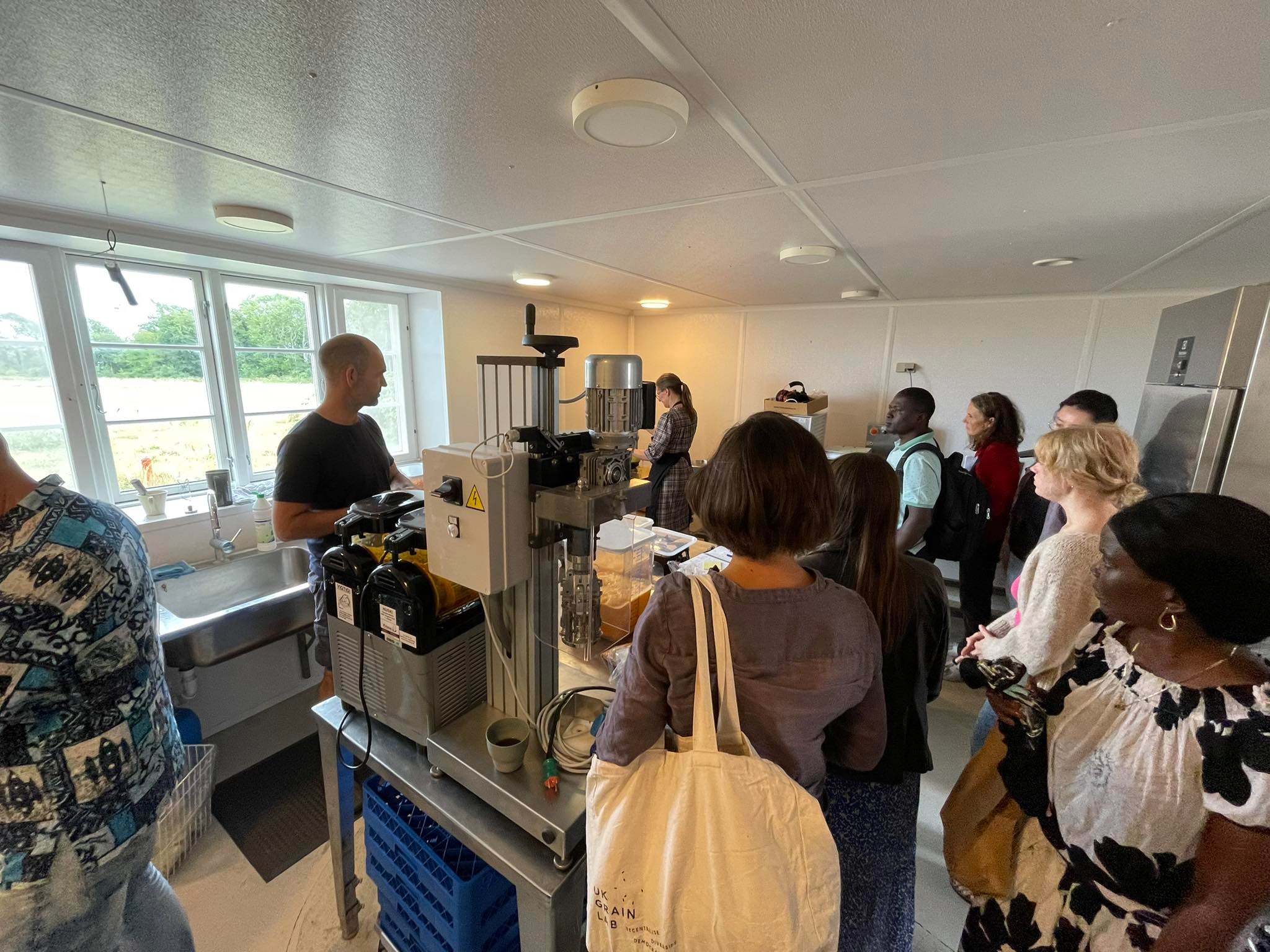
- Rethinking the land & cultivating the urban
Land accessibility and how it’s cultivated are crucial for innovation in food systems. During the Summer School in Bornholm, participants had a chance to explore in depths values of vertical farming practices, urban gardening and farming. While Professor Natalie Marie Gulsrud from Copenhagen University shared her research on urban innovations applied in Singapore, Melbourne, and Copenhagen, at Gaarden Bornholm we discovered how local communes could create opportunities for organic and agroecological initiatives. Green entrepreneurs are invited to cultivate part of Gaarden’s fields without spending time on managing administrative issues, with their full focus on agriculture and agroecology.
- Food systems – education & policies
Participants had a chance to discover the inspiring School of Paradise Hill, where students can cultivate their own greenhouse and vegetable garden, take care of animals and enjoy a plant-based diet while learning about food waste and production. They also heard inspiring findings shared by Professor Pernille Malberg Dyg from the University CollegeCopenhagen, who researched how social cooking sessions can impact underprivileged communities in Copenhagen. Students discussed the importance of food accessibility and social equity.
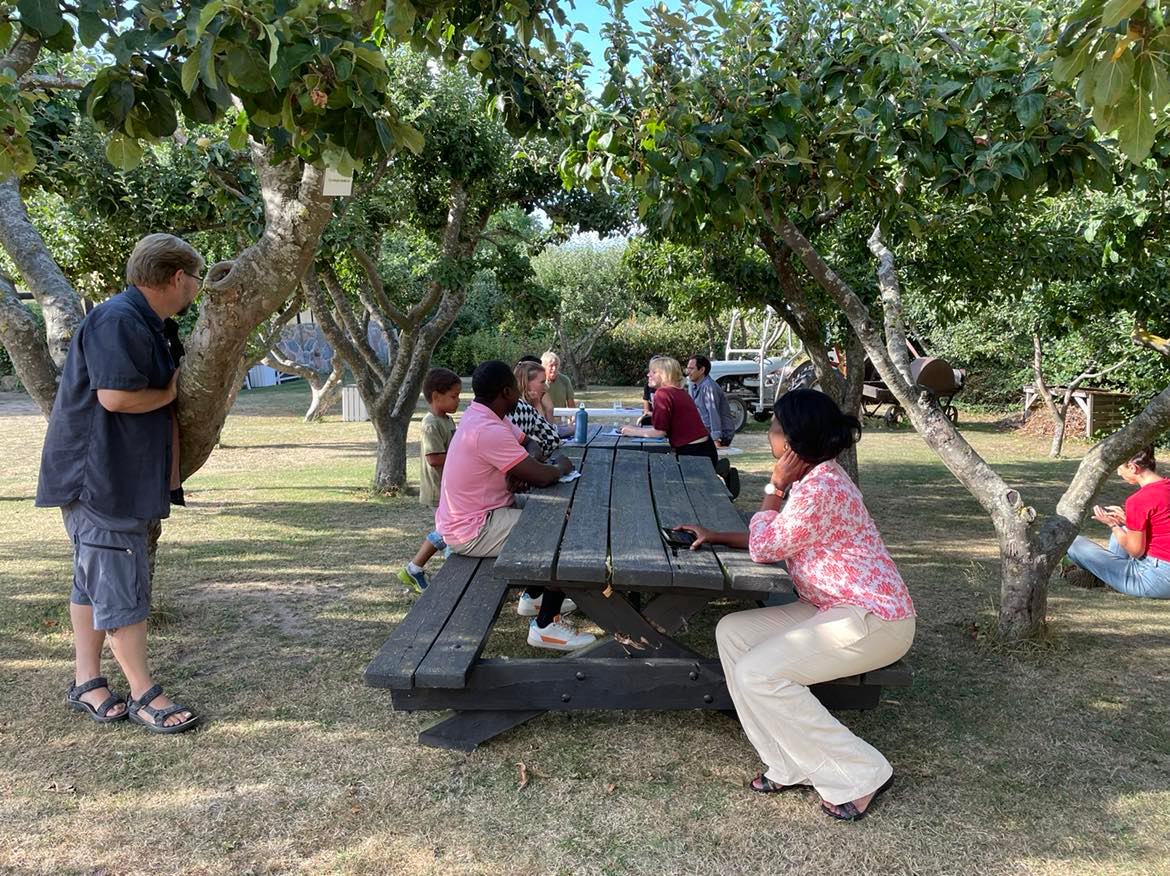
- Safeguarding resilient food systems
Reflection on food and innovation of food systems wouldn’t be complete without a discussion about the COVID crisis and lessons learnt during the global pandemic. Participants discussed with local activists and authors of the Foodstuffs Strategy for Bornholm 2017-2025 how to support local communities through solutions promoting a circular economy, while at the Nexø Harbour, together with young entrepreneurs, they explored challenges of blue mussel farming and why there are no fishermen left on Bornholm.
The Summer School in Bornholm was inspiring and we would recommend it to anyone interested in the particular insular character of the Bornholm food system, but also for those who are driven by food systems innovation and would like to expand their academic and working horizons. The course is arranged each year in August – for more information please visit Food, Place & Innovation – University of Copenhagen (ku.dk).
